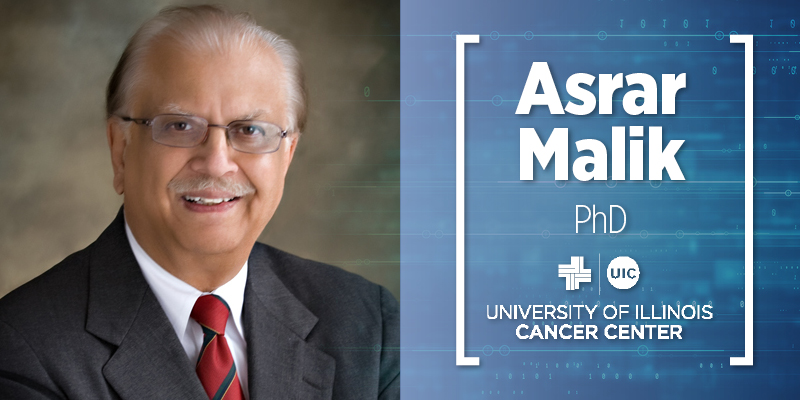
In a new study published in the journal Nature Immunology, University of Illinois at Chicago researchers led by University of Illinois Cancer Center member Asrar Malik, PhD, suggests that macrophage programming is more difficult than originally believed.
Macrophages are white blood cells that, depending on the signals they get from the immune system, become specialized in either increasing or decreasing inflammation. When macrophages are programmed to be pro-inflammatory, they help to increase inflammation, which is beneficial for fighting infections; when they are programmed to be anti-inflammatory, they help to decrease inflammation.
This regulated programming allows the body to fight off infections but also ensures that inflammation naturally subsides after the initial immune response and promotes tissue repair. The emergence of anti-inflammatory macrophages helps prevent an immune response from becoming excessive and dangerous, like what is observed in autoimmune diseases or in Acute Respiratory Distress Syndrome, or ARDS, which has been affecting some COVID-19 patients.
“We found that macrophage programming is driven by more than the immune system — it is also driven by the environment in which the macrophages reside,” said Malik, the Schweppe Family Distinguished Professor and head of pharmacology and regenerative medicine at the University of Illinois College of Medicine.
The study specifically looked at macrophage programming in animal models of lung injury, but the work is germane to cancer, autoimmune disease and possibly COVID-19, as “it’s a discovery of a central principle,” Malik said.
